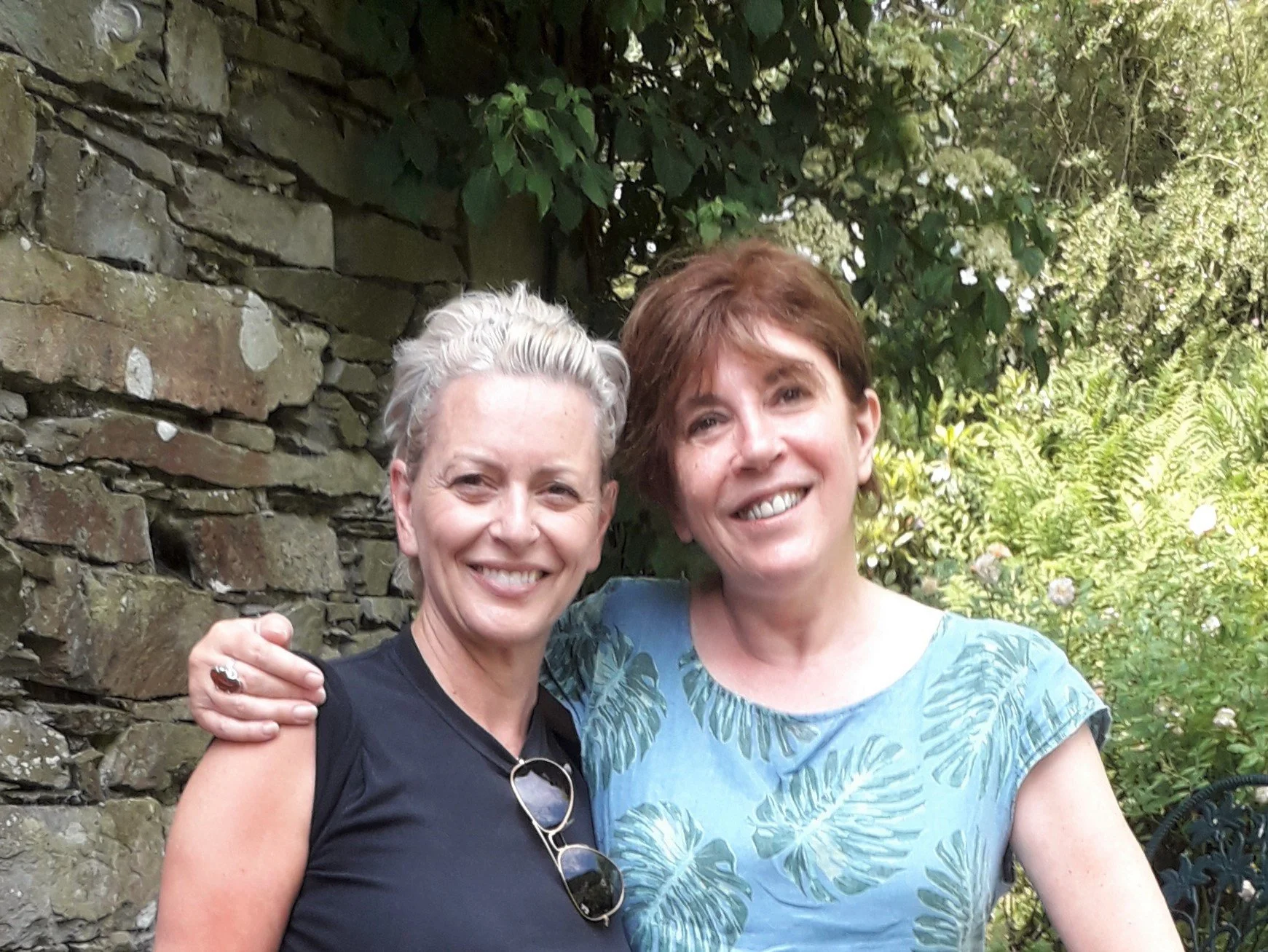The first UK resources for adoptees by adoptees.
In 2017, there were no adoptee resources online. How To Be Adopted grew from an anonymous blog into a community connecting adoptees to boost wellbeing through the feeling of ‘being seen’.
Meet Claire
Hi I’m Claire. I am a UK domestic adoptee in reunion-ish. I started How To Be Adopted after finding no resources for adopted people online and limited resources in real life.
My aim is to connect adoptees from the UK and around the world to share our stories and tips on coping as an adopted person in a non-adopted world! I also want to give adoptees more of a voice and challenge the dominant social narrative around adoption.
Listen to Claire’s interview on AdopteesOn.
Claire’s most popular blog posts:
Contributors
Gilli Bruce, North of England
Adoptee counsellor
PAC-UK counsellor and trainer
Adoptee group facilitator
Finding my way out of the fog - blog post
Gilli’s talk on the long-term effects of being adopted
Lara Leon, Dorset
Adoptee support, MSc, MBACP
Adoptee support and weekends
Adoptees In Alliance Partner
I Am Your Daughter - blog post
Testimonials
-
"It was life changing to be with people who totally understand how I as an adoptee see the world and how my head works!"
Online event attendee
-
My feelings around my adoption are always so complex and complicated so it's really important to me to have a space where I can share what is going on and get some support.”
Attendee of Manchester adoptee group
-
“It’s such a wonderful community and the only place I feel completely human and like I belong.”
Adoptee
Our Services
-
Connecting adoptees online and in person
-
Popular speaker for PAC-UK, One Adoption, We Are Family, Adoption England, Adoptees On
-
Ensure your service is adoptee-sensitive in all your comms.
-
Email newsletter with intel across the adoptee universe, including campaigning.



